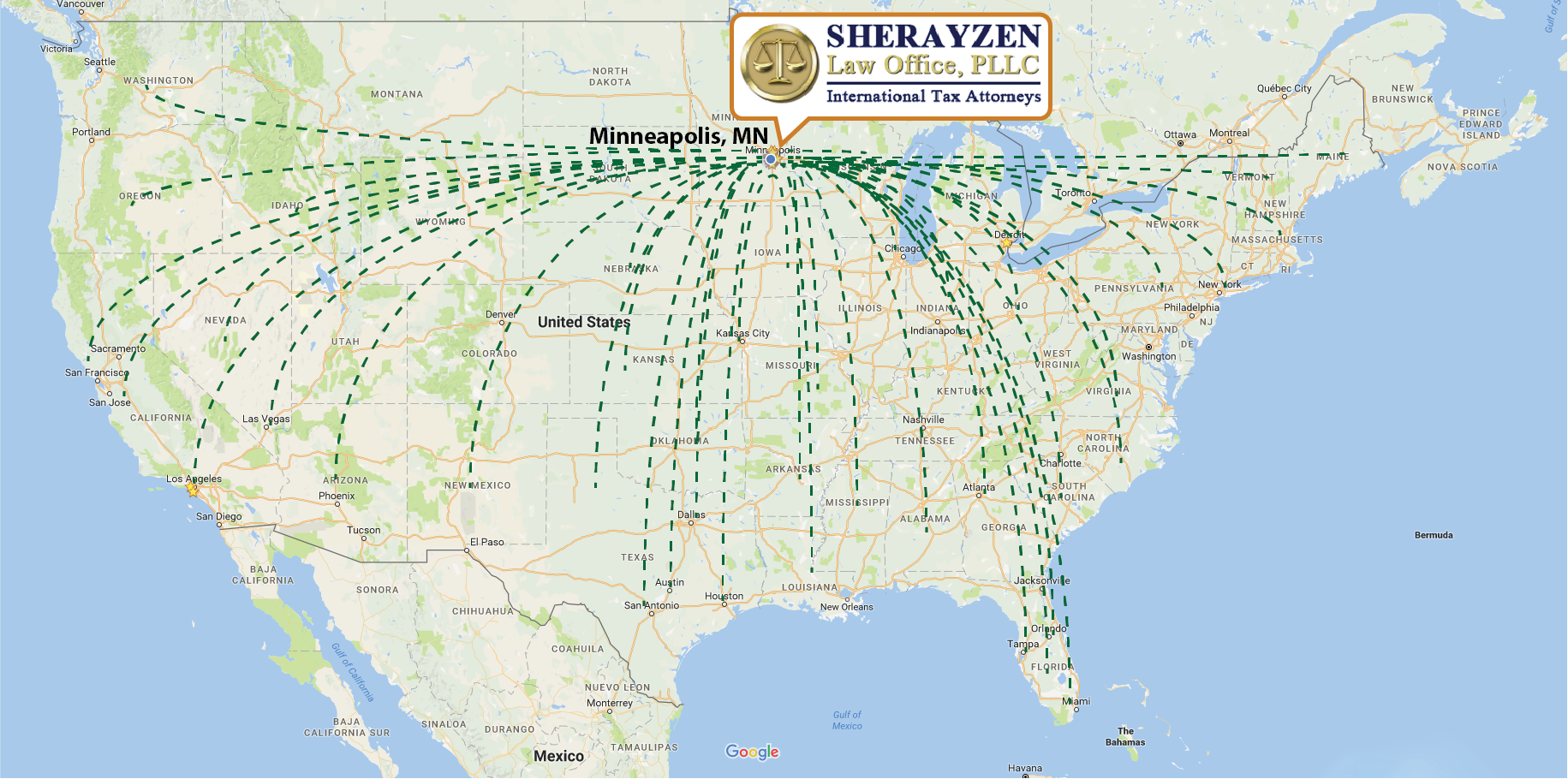Portland Oregon International Tax Attorney: FBAR Case Study for Indian Bank Accounts
Hello and welcome to Sherayzen Video Blog. My name is Eugene Sherayzen and I’m an international tax attorney and owner of Sherayzen Law Office, Ltd.
Today, I’m continuing a series of blogs from Portland, Oregon. As part of this series, I’m doing a review of my cases related to Asian Americans or Asians who became US tax residents.
Today, I’d like to focus on India; on a case which is overall pretty ordinary except in one aspect: the number of accounts. In this case, a married couple from India (they’ve lived in the United States for a number of years, but they were still here on the H-1 Visa) and they came to me because they discovered the existence of FBAR. What in particular they discovered was is that foreign bank accounts need to be reported on FBAR. In their minds, a bank account really means a bank account, meaning a checking account or a savings account.
When they came to me, they told me that they had 15 bank accounts overall and it is very common in India to spread out your holdings over various banks. They had 15 accounts in four different banks. However, it turns out that instead of having 15 savings or checking accounts, the clients had also over 150 fixed-deposit accounts. In their mind, a fixed-deposit account was not a separate account; it is an account linked to a checking account or savings account.
However, when we talk about FBAR, we have to report all bank accounts separately; whether they are fixed-deposit accounts, checking accounts or savings accounts. We have to report each of them, no matter how short-lived they are – meaning if they were opened and closed even for one day, that would be enough to make it a reportable account for FBAR purposes. It also does not matter whether the funds from these accounts go back to the same checking account or savings account; all of these accounts are reportable. On top of that, this client also had about 10 mutual funds and about 7 (if my memory serves me well) life insurance policies.
I’ll talk a little later in another blog about Indian mutual funds and how they should be reported. This case is very important to understand that fixed-deposit accounts have to be separately reflected on FBARs.
It’s also important to understand that often times, you have to do your independent investigation of your client assets. A diligent attorney should always do an independent investigation of his clients’ assets; not to the point of intruding into clients’ affairs but asking the client if he sees something in the bank accounts that does not correspond with reality. The way I discovered there were fixed-deposit accounts was simply looking at the bank statements. It’s very important to look at the primary documents in order to understand how many accounts you have and what kind of reporting should be expected on FBAR and Form 8938.
In the next blog, I will continue my series of blogs related to Asians who became US tax residents and Asian Americans.
Thank you for watching, until the next time.



